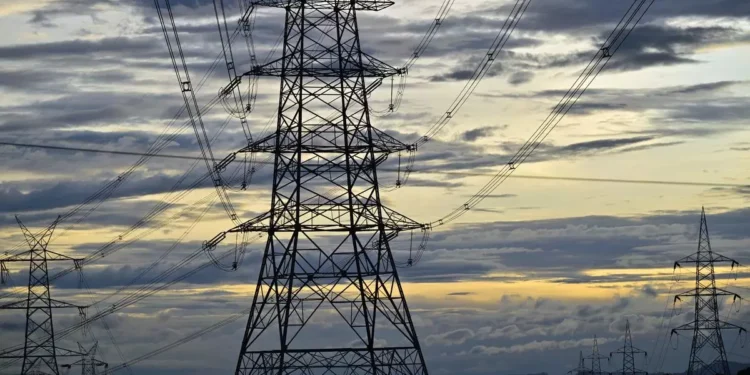In August 2022, the Power Ministry, under the leadership of Hon’ble Minister R.K. Singh, took a significant step towards the transformation of the Indian electricity sector by placing the Electricity Amendment Bill, 2022 in Parliament. This bill is aimed at bringing much-needed reforms in the power sector and addressing the challenges faced by the industry.
The power sector in India has been facing various issues, such as high transmission and distribution losses, inadequate power supply, and financial stress on power distribution companies (DISCOMs). The current electricity act, which was passed in 2003, has become inadequate to meet the evolving needs of the sector. Hence, it was imperative to introduce new amendments to bring the sector at par with the current demands and technological advancements.
The Electricity Amendment Bill, 2022 is a comprehensive legislation that seeks to amend the Electricity Act, 2003. It aims to promote sustainable growth and development of the power sector, enhance consumer satisfaction, and attract investment in the sector. The bill also focuses on improving the efficiency and performance of DISCOMs, which is crucial for the growth and development of the sector.
One of the major highlights of the bill is the introduction of Direct Benefit Transfer (DBT) for the power sector. This will revolutionize the way electricity is subsidized in the country. The DBT scheme will enable the targeting of subsidies to the deserving consumers, which will not only reduce the financial burden on DISCOMs but also promote a more transparent and efficient system.
In addition, the bill also proposes the establishment of the Electricity Contract Enforcement Authority (ECEA) to resolve disputes related to electricity contracts in a time-bound manner. This will not only ensure quick resolution of disputes but also promote a conducive environment for investments in the sector.
The proposed amendments also aim to promote the use of renewable energy sources, such as solar and wind power. The bill proposes the introduction of Renewable Purchase Obligation (RPO) for DISCOMs, which will require them to procure a certain percentage of their power from renewable sources. This will accelerate the growth of the renewable energy sector and help India achieve its target of 450 GW of renewable energy capacity by 2030.
Moreover, the bill also focuses on strengthening the regulatory framework for the power sector. It proposes the establishment of a National Load Despatch Centre (NLDC) and a State Load Despatch Centre (SLDC) to monitor and control the flow of electricity in the country. This will ensure a more reliable and secure power supply across the country.
Another significant aspect of the bill is the introduction of smart meters and prepaid meters, which will facilitate real-time monitoring and payment for electricity consumption. This will not only reduce the financial burden on consumers but also promote energy conservation and efficiency.
Furthermore, the bill also proposes to establish a national-level power distribution company, which will operate as a holding company to oversee the functioning of DISCOMs. This will help in improving the financial health and operational efficiency of DISCOMs, which has been a major concern for the power sector.
The Electricity Amendment Bill, 2022 is a much-needed step towards the modernization and sustainable growth of the Indian electricity sector. It not only addresses the current challenges but also aims to create a conducive environment for future investments. The proposed amendments will not only benefit the power sector but also have a positive impact on the overall economy.
It is commendable that the Power Ministry has taken this crucial step towards bringing reforms in the power sector. The bill has the potential to transform the electricity sector and create a more efficient and consumer-friendly system. This will not only benefit the consumers but also the power companies, which have been struggling with financial losses.
In conclusion, the Electricity Amendment Bill, 2022 is a progressive legislation that reflects the government’s vision of making India a superpower in the energy sector. It is a step towards a more transparent, efficient, and sustainable power sector, which will contribute to the country’s overall development. With the support of all stakeholders, this bill has the potential to bring a significant change in the Indian electricity sector and pave the way for a brighter future.







